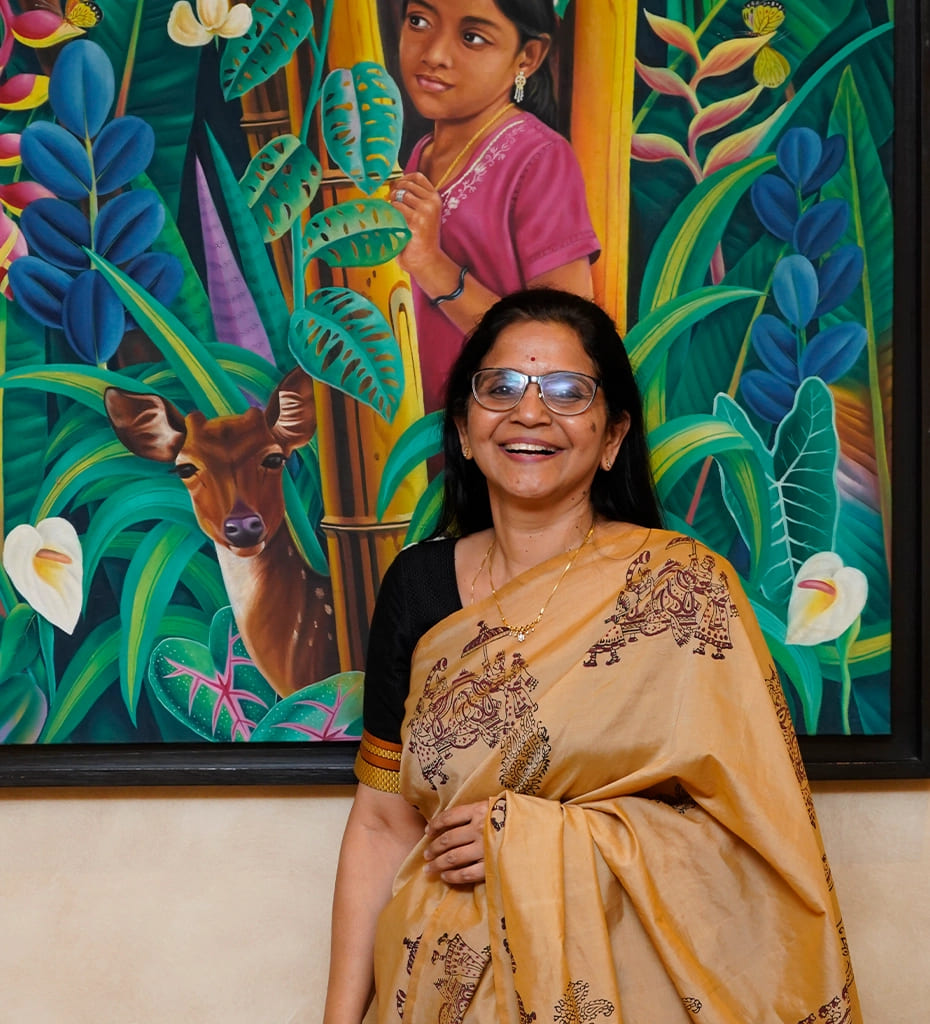 kEEP SCROLLING
kEEP SCROLLING

 kEEP SCROLLING
kEEP SCROLLING

Step By Step has been my home for over a decade, and in this time, I have been profoundly inspired by our collective pursuit of intellectual growth, ethical development, and personal empowerment. Our unwavering commitment to holistic education remains the cornerstone of our mission, and as we continue to evolve, it is essential to reaffirm the true purpose of education.
In an era of rapid technological advancements and complex global challenges, the role of education has never been more critical. We must ask ourselves: What does it mean to be truly educated in an unpredictable world? How do we equip our students with the resilience, creativity, and empathy needed to navigate these complexities?
At SBS, we believe that education extends beyond career preparation—it is about fostering the ability to question, reflect, and engage meaningfully with the world. As Paulo Freire wisely stated, “Education does not change the world. Education changes people. People change the world.” With this in mind, we remain dedicated to nurturing students who are not only academically proficient but also intellectually curious, ethically grounded, and emotionally intelligent. Our goal is to develop individuals who contribute to society with wisdom, creativity, and compassion, shaping a future that is thoughtful, equitable, and guided by a shared sense of responsibility.
As a learning community, we must continue to cultivate the intellectual rigour and emotional depth needed to understand and respond to the forces shaping our world. This requires embracing critical inquiry, cross-disciplinary thinking, and the ongoing development of empathy and self-awareness.
Together, we will continue to inspire and empower a generation not just to meet the challenges of the future but to shape it—with clarity, purpose, and an enduring commitment to the common good.